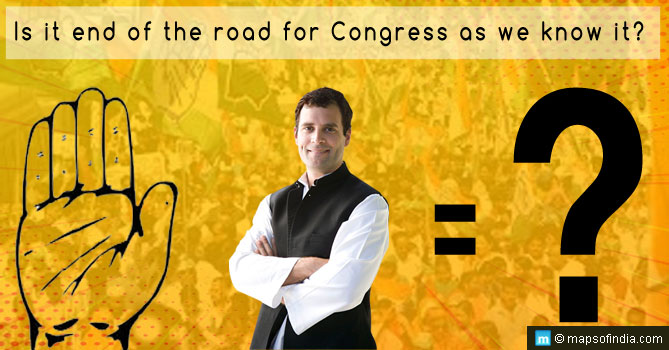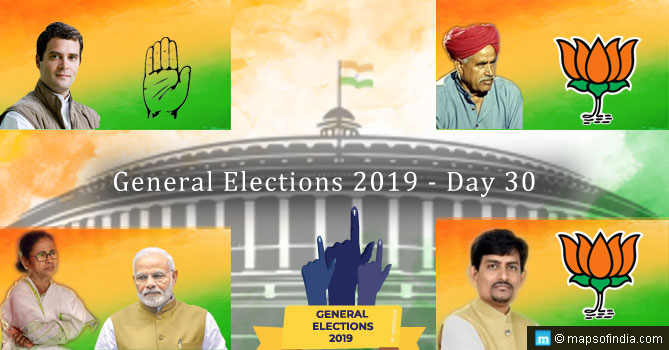His wit would have audiences in splits; his rustic anecdotes would make even the members of parliament burst out laughing; and his retorts are loaded with enough humour to tickle anyone’s funny bone. It’s undeniable that there aren’t many politicians like Mr. Lalu Prasad Yadav, who has enjoyed such pan-Indian appeal. Now that this charismatic (some prefer to call him maverick) politician stares at imprisonment for being a party to the 1996 fodder scam, it gives us an occasion to have a sneak peek at his political trajectory.
From being one of the youngest members of the parliament to becoming a force to reckon with, Lalu has seen the watershed moments of his career. As a milkman’s son and poster boy of caste-based politics in Bihar, Lalu was once looked upon as the only hope of the Yadavs or the lower-caste citizens. It may not be an exaggeration to term his political growth as a meteoric rise; however, his fall from grace creates room for a critical review of his chequered career.
While some say that Bihar went back to the Dark Age under his reign, others are equally vocal in crowing him as the Lord of Misrule. Under his chief ministership, the state was pushed to the brink of economic disaster. Bihar attained the dubious distinction of being one of the most backward regions in the country. Anarchy had a free run and criminalisation of politics emerged as a phenomenon unique to this state. A holistic analysis indicates that Lalu Prasad Yadav was not able to allay the fundamental concerns of the public. Lack of initiative took agriculture and industry as hostages. Other indicators of societal well-being, such as education and health, were grossly ignored.
Chief Minister Nitish Kumar’s loud call for granting ‘backward’ status to Bihar reminds us of the long period of the stagnation of the economy (1990-1997). While Lalu started air-conditioned trains for the poor, he stalled the engine of Bihar’s economic growth. He put the fiscal health of Indian Railways back on track, but derailed the development process of his own state. Can anyone explain this dichotomy? It is not easy to demystify the fact that someone who doled out a tragic performance as a head of the state could suddenly script the ‘Great Turnaround of the Indian Railways’. The same man who reportedly brought back a crucial ministry from the verge of bankruptcy threw Bihar into a state of abject poverty.
Lalu also faced the brunt for misleading people on the issue of Bihar’s bifurcation. The irony lay elsewhere. It was only after the bifurcation and the emergence of Jharkhand in 2000 that Lalu’s political clout started plummeting. He tried to reclaim his space by sharing management tips with students from Harvard to Wharton, advising them on leadership skills.
Lalu’s conviction in the Rs. 950-crore fodder scam is a serious dent to his already wobbly image, a development that would likely culminate in a JDU-BJP fight in the upcoming elections. On the national front, this incident is likely to bring Nitish Kumar and the Congress party closer. It would be premature to speculate whether Sonia Gandhi would take back her accusatory words against Nitish Kumar’s style of governance and extend towards him the hand of an ally.
As for Lalu, we are yet to know the quantum of punishment and it won’t be wise to write the obituary of his political career. Someone close to him must remind him of his own words, “When people see how I manage to work my way out of tough situations, it gives them hope in their own life.”




